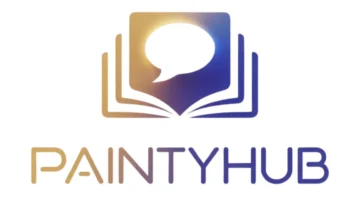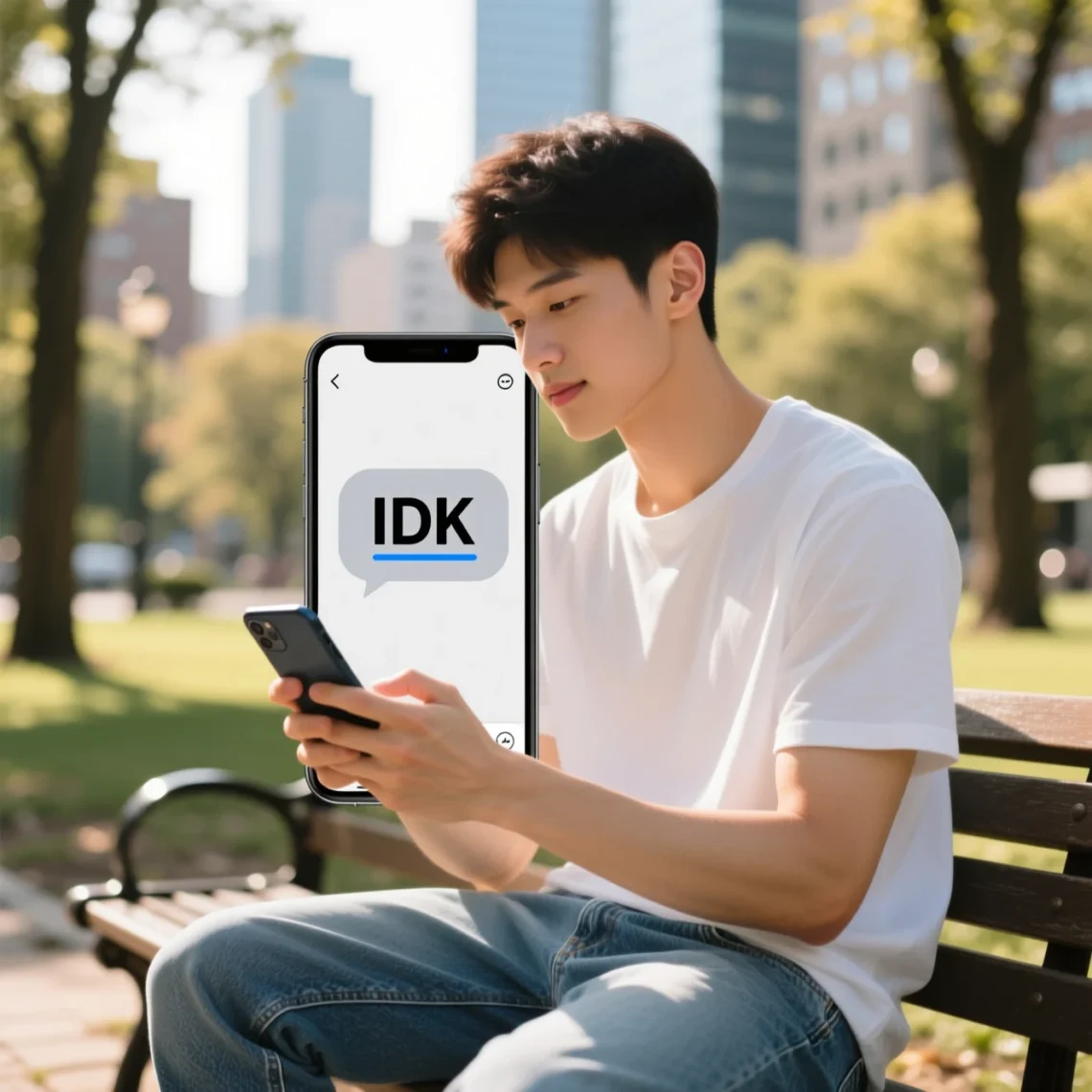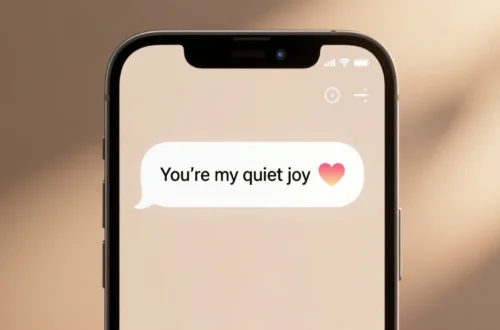In today’s fast-paced digital world, texting and online chats are packed with abbreviations and slang. One of the most common terms you’ll see is “IDK.”
Whether you’re on WhatsApp, Instagram, Discord, or Snapchat, understanding what IDK means can save you from confusion or miscommunication.
IDK is short, simple, and widely used—but its frequent appearance makes it essential to understand the context, tone, and variations.
This article will explore its meaning, origin, usage across platforms, and even professional alternatives, so you can communicate clearly and confidently in any conversation.
Definition & Meaning
IDK is an acronym that stands for “I don’t know.” It’s one of the most frequently used abbreviations in texting, online chats, and social media interactions.
Key Points:
- Expresses uncertainty or lack of knowledge.
- Often used casually in informal conversations.
- Can convey indifference depending on tone.
Examples in Dialogue:
Alex: “Do you know when the party starts?”
Jordan: “IDK, maybe around 8 PM.”
Sophie: “Which movie should we watch tonight?”
Emma: “IDK, anything you want!”
LSI Keywords: idk meaning, idk text slang, idk acronym, idk in texting, idk online
Background & History
IDK originated with the rise of text messaging and instant messaging in the late 1990s and early 2000s. As SMS and chat platforms like AOL Instant Messenger (AIM) became popular, people began abbreviating phrases to save time and characters.
Evolution Over Time
- Early 2000s: Common in SMS to save character limits.
- Mid 2000s: Spread to social media platforms like MySpace and Facebook.
- Today: Universally recognized on platforms like WhatsApp, Discord, Instagram, and Twitter.
The use of IDK has expanded from literal uncertainty to sometimes convey playfulness, sarcasm, or casual detachment.
Usage in Various Contexts
Texting
Ryan: “Do you like pineapple on pizza?”
Mia: “IDK, I’ve never tried it!”
Social Media
- Twitter: “IDK if I can make it to the concert tonight 🤔”
- Instagram DMs: “IDK what filter to use for this pic 😅”
Gaming Communities
Gamers use IDK during quick chats to save time:
Player1: “Should we attack now or wait?”
Player2: “IDK, you decide.”
Casual Conversation
Even in voice or video chats, IDK may be typed in chat boxes or used verbally to express uncertainty quickly.
Tip: Always consider tone; “IDK” can feel dismissive if overused.
Common Misconceptions & Clarifications
While IDK is straightforward, it can be misunderstood.
Misconceptions:
- Misconception: IDK is rude.
Clarification: It’s not inherently rude, but tone and context matter. - Misconception: IDK is lazy or careless.
Clarification: It simply conveys uncertainty or lack of knowledge.
Dialogue Example:
Alex: “You keep saying IDK, are you annoyed?”
Jordan: “No, I just literally don’t know the answer 😅”
Similar Terms & Alternatives
| Term | Meaning/Use Case | Notes |
|---|---|---|
| IDC | I don’t care | Expresses indifference |
| IMO/IMHO | In my opinion / In my humble opinion | Shares personal perspective |
| TBH | To be honest | Confession or opinion |
| SMH | Shaking my head | Disbelief or frustration |
Tip: Understanding these abbreviations helps you navigate online conversations smoothly.
How to Respond to IDK
Casual
“No worries, we can figure it out later.”
Funny
“IDK? Guess we’re living on the edge 😎”
Professional / Neutral
“I’m not sure, but I can check and get back to you.”
Privacy-Conscious
“I prefer not to comment on that right now.”
Tip: Matching your response to tone and context avoids miscommunication.
Regional or Cultural Differences
- North America & Europe: Widely recognized in SMS, WhatsApp, Discord, and Instagram.
- Asia: Common among English-speaking users; local acronyms may exist.
- Latin America: Known in English-speaking communities; Spanish equivalents like “No sé” may be used locally.
Tip: While IDK is universal in English, know local equivalents for global communication.
Comparison with Similar Terms
| Term | Meaning | Tone / Connotation | Usage Context |
|---|---|---|---|
| IDK | I don’t know | Neutral / casual | Texting, chat, social media |
| IDC | I don’t care | Indifferent / casual | Texting, chat, casual social |
| IMO | In my opinion | Neutral / thoughtful | Discussions, online forums |
| TBH | To be honest | Honest / informal | Social media posts, texting |
Usage in Online Communities & Dating Apps
- Tinder/Bumble: IDK is used casually in chats to indicate uncertainty:
“IDK if I’m free this weekend, but let’s see 😅”
- Discord & Gaming: Quick abbreviation for fast communication.
- Reddit & Twitter: Appears in threads and comments expressing personal uncertainty.
Tips:
- Use IDK appropriately; overuse may appear lazy.
- Combine with emojis or context to clarify tone.
Hidden or Offensive Meanings
IDK is mostly neutral, but improper use can seem dismissive. For example:
Friend: “Can you help me with this?”
You: “IDK” (without context) → may feel rude
Tip: Pair IDK with explanations, emojis, or friendly language to maintain positive tone.
Suitability for Professional Communication
- Not ideal in formal emails or business chats.
- Professional alternatives:
- “I’m not sure, let me check.”
- “I don’t have that information yet.”
- “I will find out and get back to you.”
Tip: Using full phrases avoids misinterpretation in work settings.
FAQs
Q1: What does IDK mean in texting?
A: It means “I don’t know,” used to express uncertainty or lack of knowledge.
Q2: Is IDK rude?
A: Not inherently; tone and context determine perception.
Q3: Can IDK be used in professional emails?
A: Avoid it; use full phrases like “I’m not sure” instead.
Q4: What are similar abbreviations to IDK?
A: IDC (I don’t care), IMO (in my opinion), TBH (to be honest).
Q5: Is IDK universal in English?
A: Yes, widely recognized across texting, social media, and online platforms.
Q6: Can I respond humorously to IDK?
A: Yes, playful responses work well among friends or informal chats.
Q7: Are there international equivalents?
A: Yes, e.g., Spanish “No sé,” French “Je ne sais pas.”
Conclusion
IDK is a simple yet essential abbreviation in modern digital communication. It expresses uncertainty, indecision, or lack of knowledge, making it one of the most frequently used acronyms in texting, social media, and online chats.
Understanding IDK ensures you communicate clearly, respond appropriately, and avoid misunderstandings across platforms and cultures. Whether casual, funny, or professional, using IDK correctly keeps your conversations smooth and engaging.






